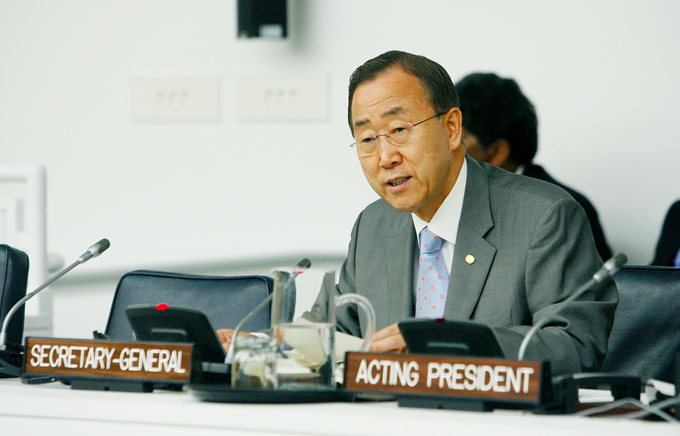
DOI: 10.1080/13600826.2015.1094452
Marcos Tourinho, Oliver Stuenkel & Sarah Brockmeier
Publishing models and article dates explained
Published online: 05 Nov 2015
http://www.tandfonline.com/doi/full/10.1080/13600826.2015.1094452
—–
Abstract
This article explores the political impact of the Brazilian proposal “Responsibility while Protecting” (RwP) on the normative evolution of the Responsibility to Protect (R2P). For much of the last two decades, public and policy debates about humanitarian intervention have been dominated by the question of whether and in what circumstances these measures were legitimate or acceptable in international society. The 2011 intervention in Libya sparked a different policy debate: a debate on how protection should actually be conducted. This article analyses debates on the “how” of the implementation of R2P by examining the substance and political impacts of the Brazilian proposal. RwP articulated the need for responsible means of protection, particularly when military force is used in the name of collective security and humanitarianism. This article argues that the proposal was able to raise important normative issues and contribute to change the terms of the humanitarian intervention debate. Yet, while RwP was extensively debated, it was never sufficiently developed to materialise into specific proposals that could address the problems of collective security and human protection in practice. As debates about the practical implementation of R2P gain renewed strength, the ideas articulated in the Brazilian proposal provide a useful starting point for advancing reform.
—
Read also:
The Impact of the Libya Intervention: Debates on Norms of Protection
Regulating intervention: Brazil and the responsibility to protect
Photo credit: Evan Schneider (UN)









